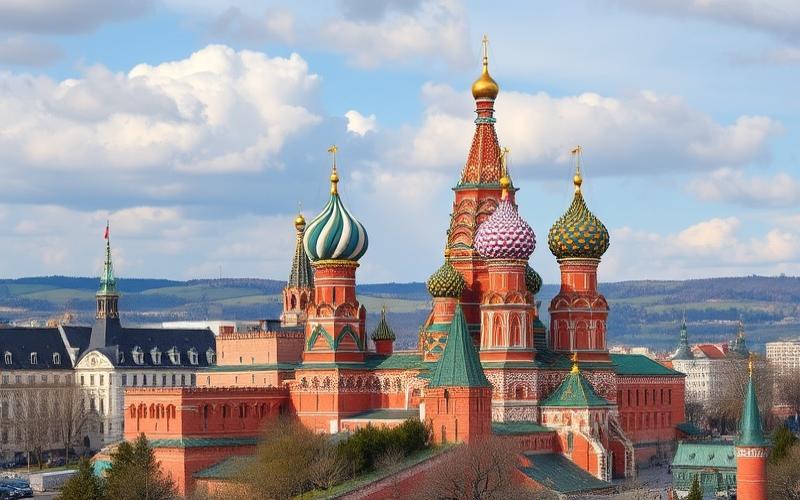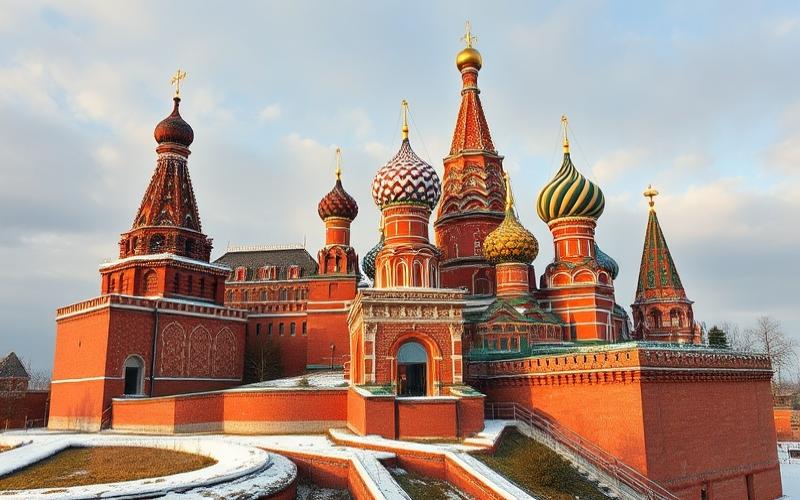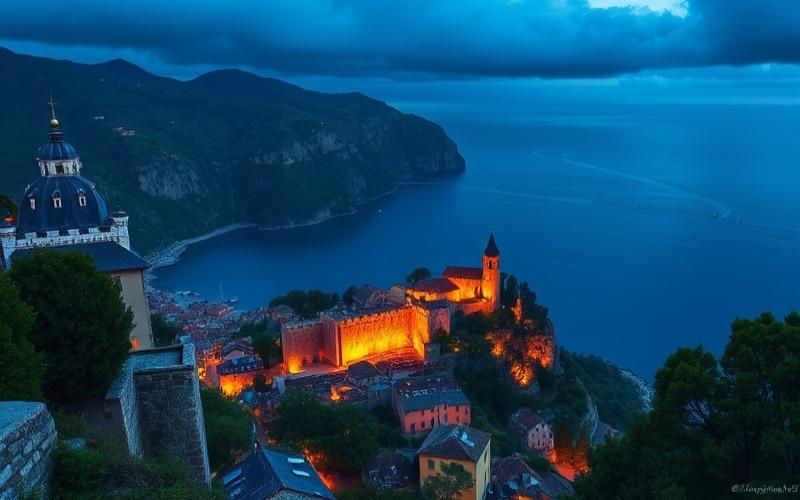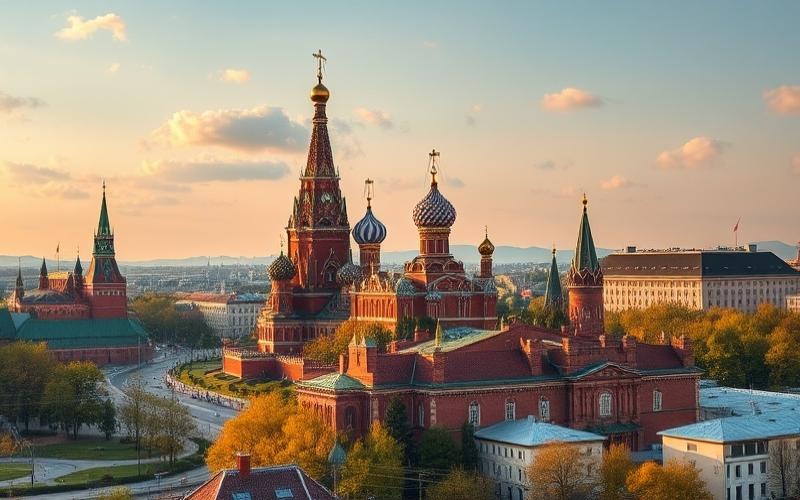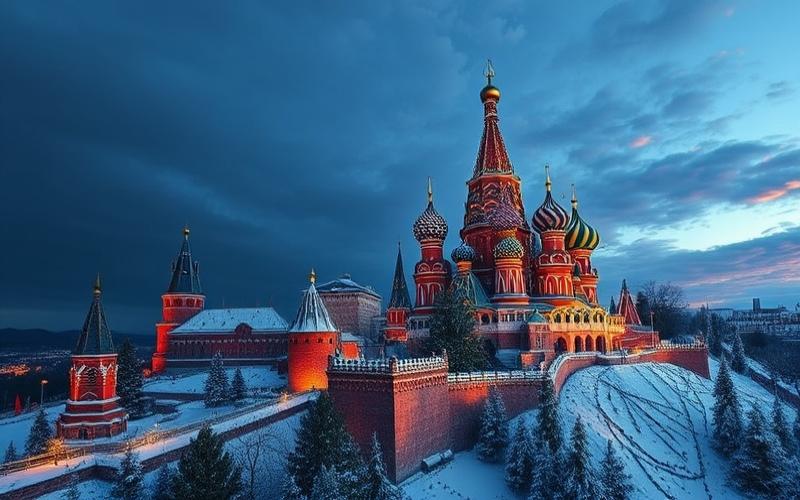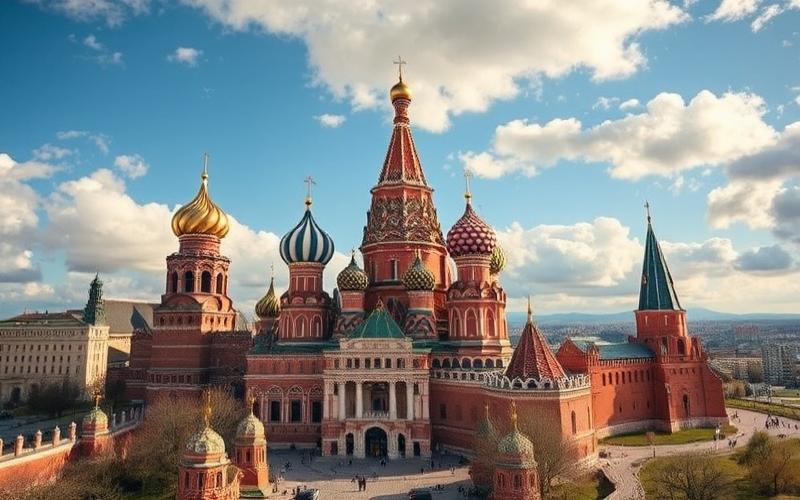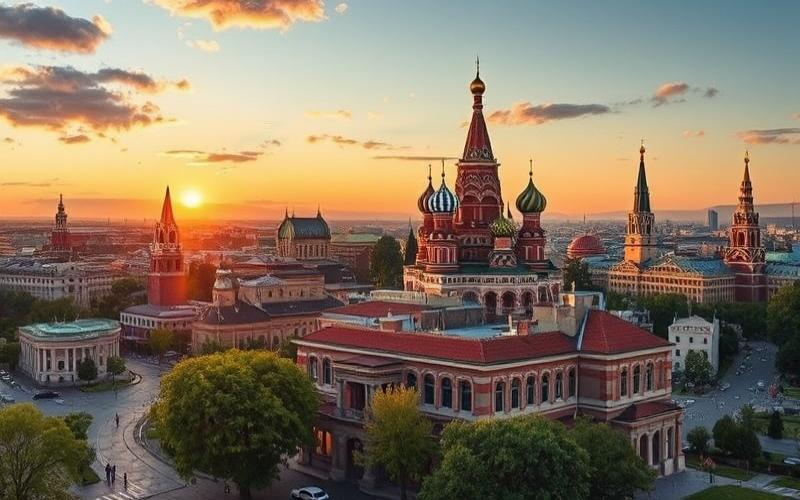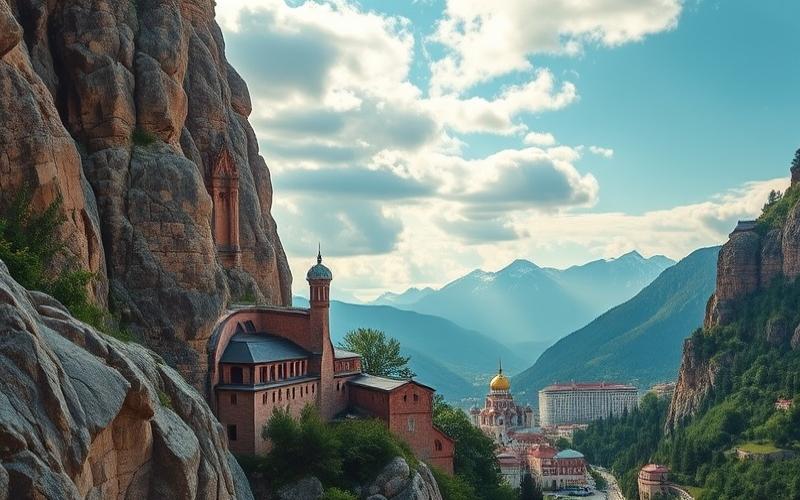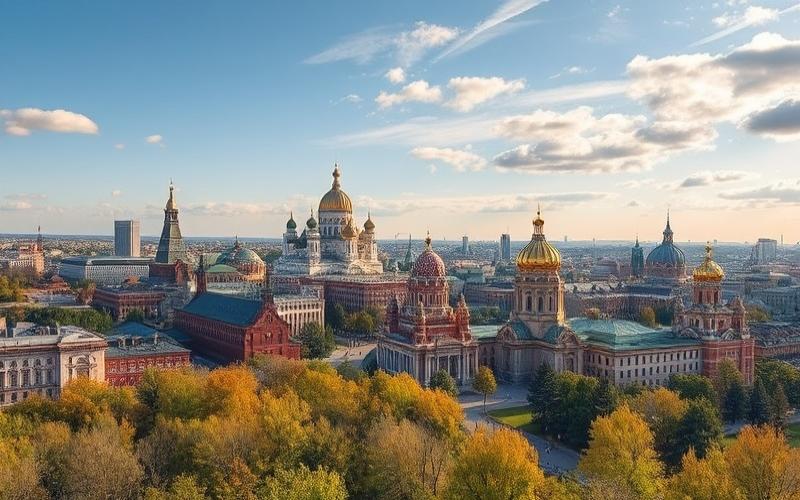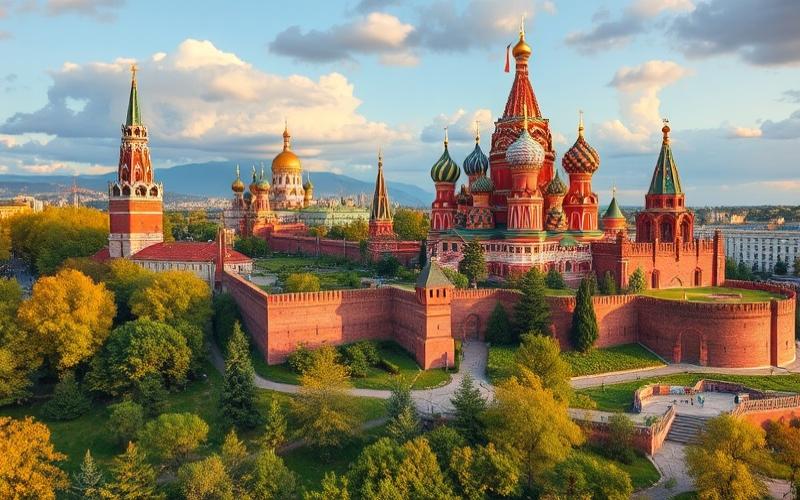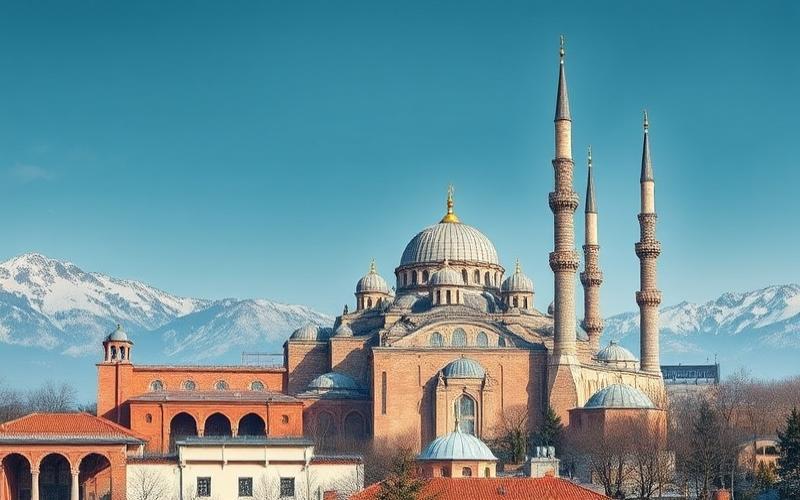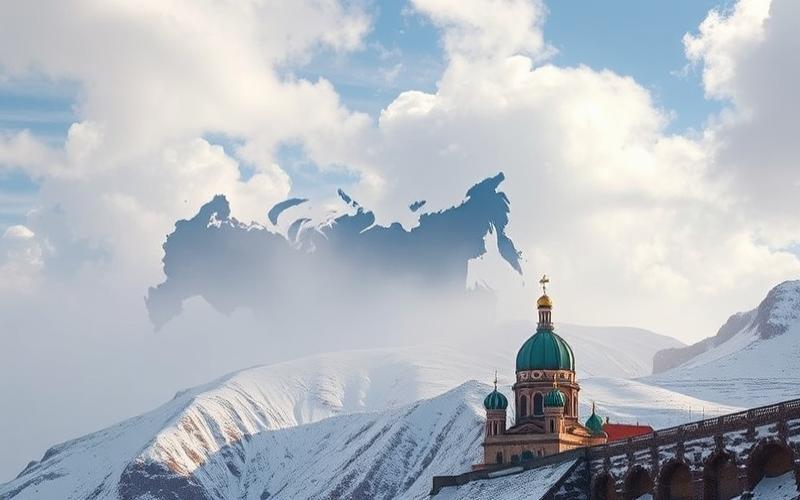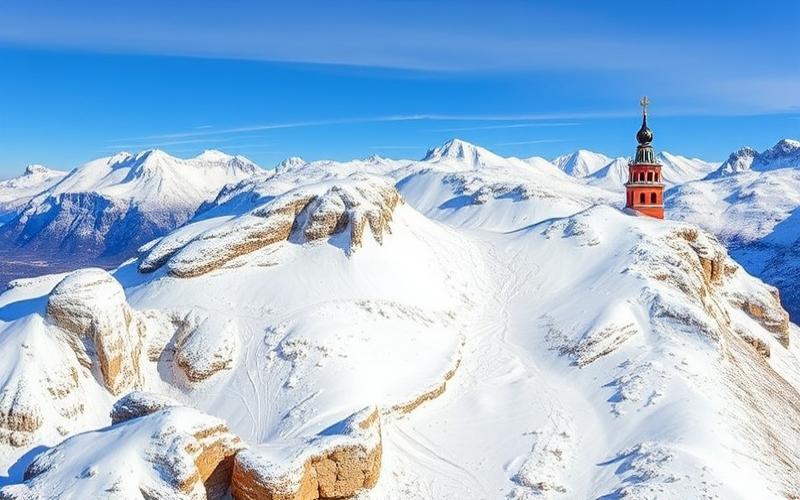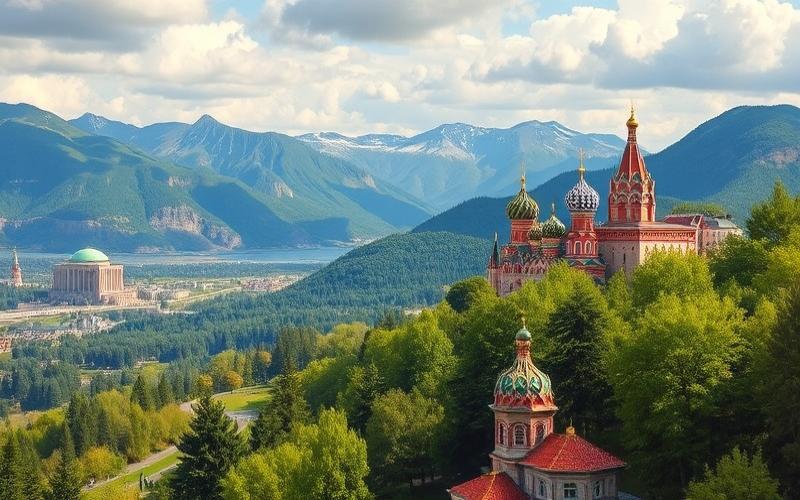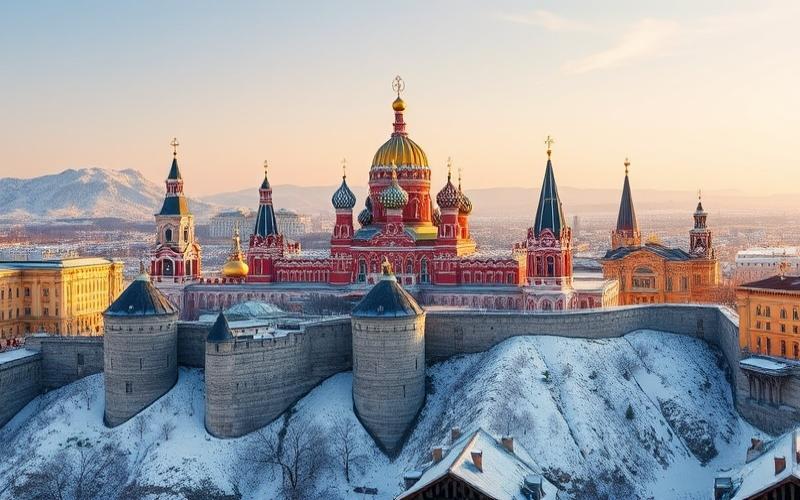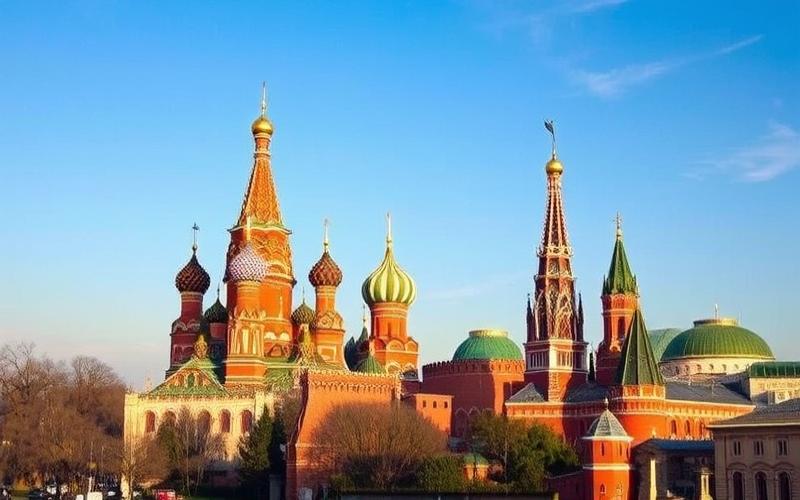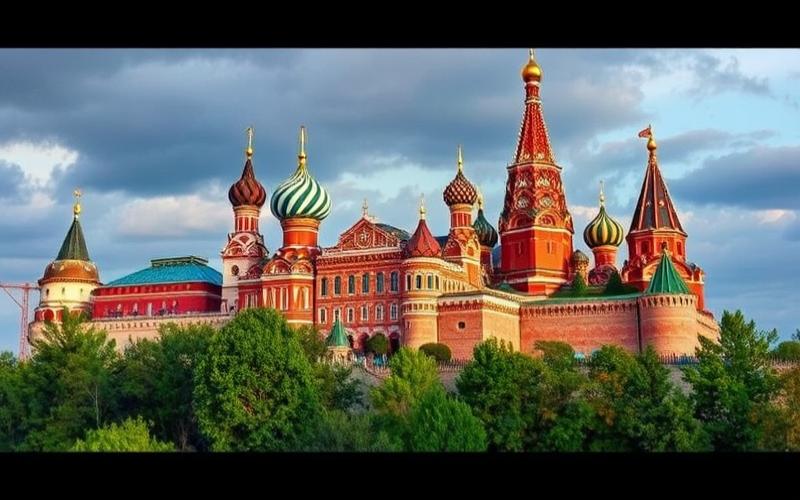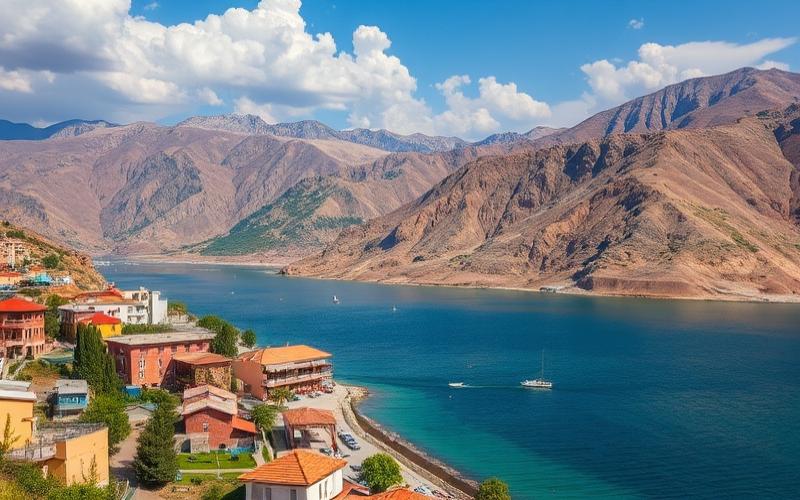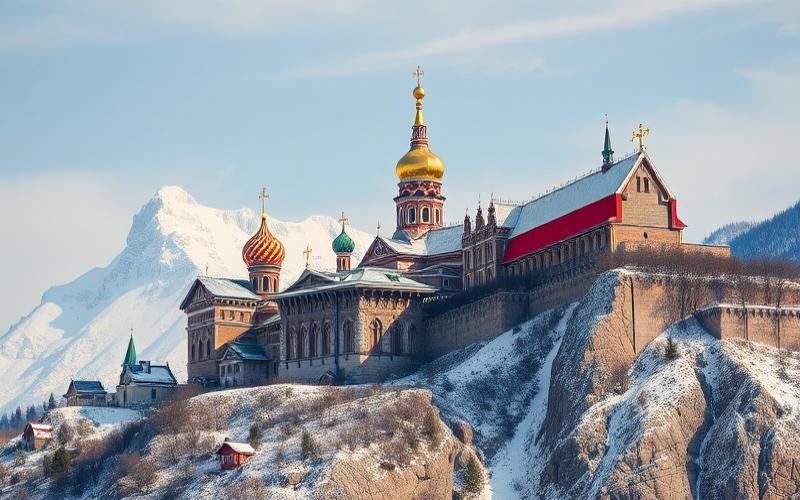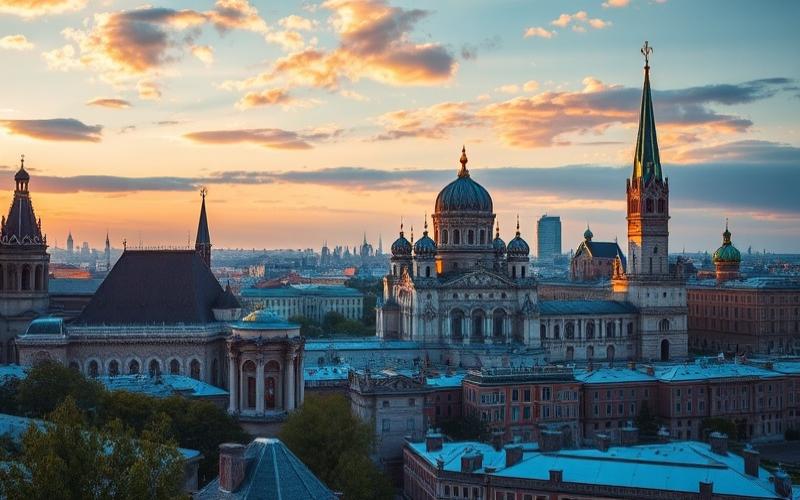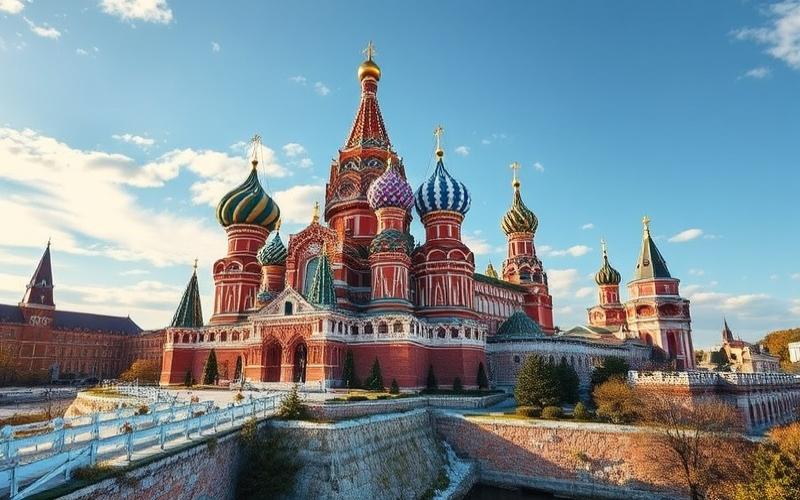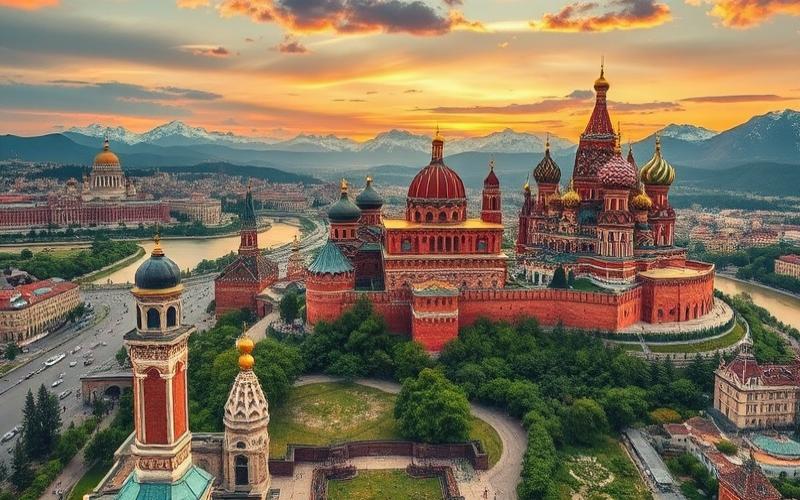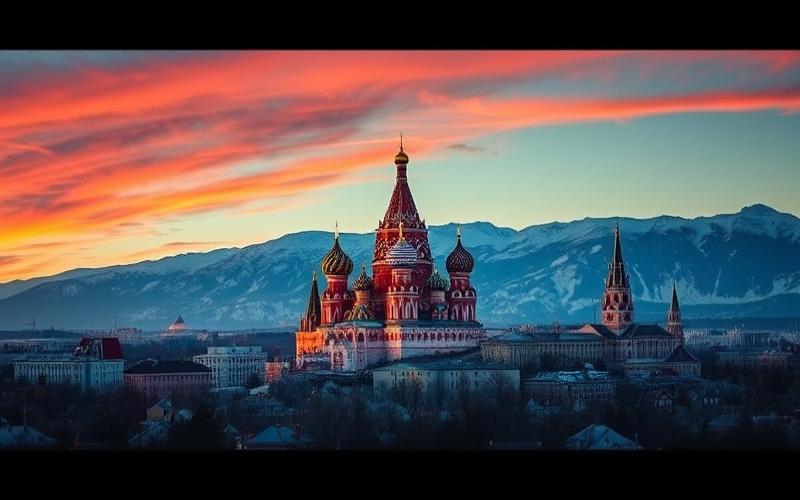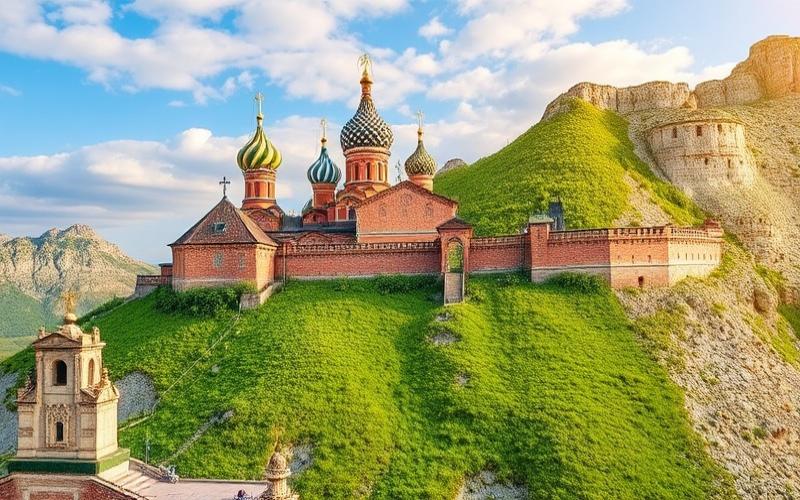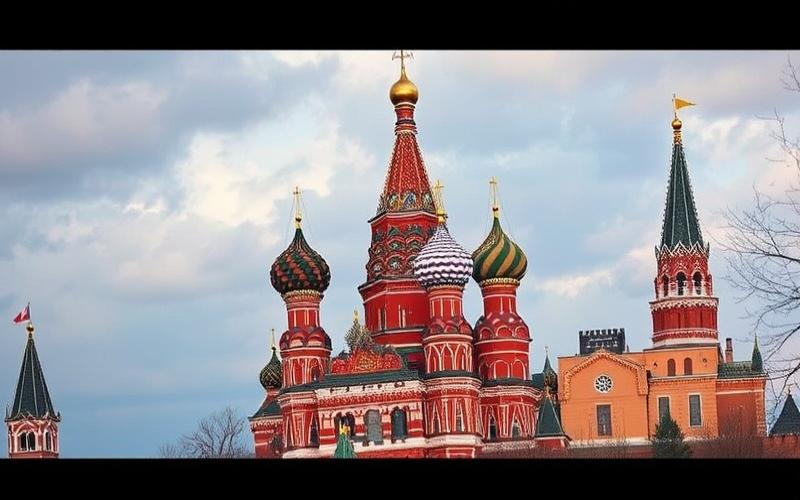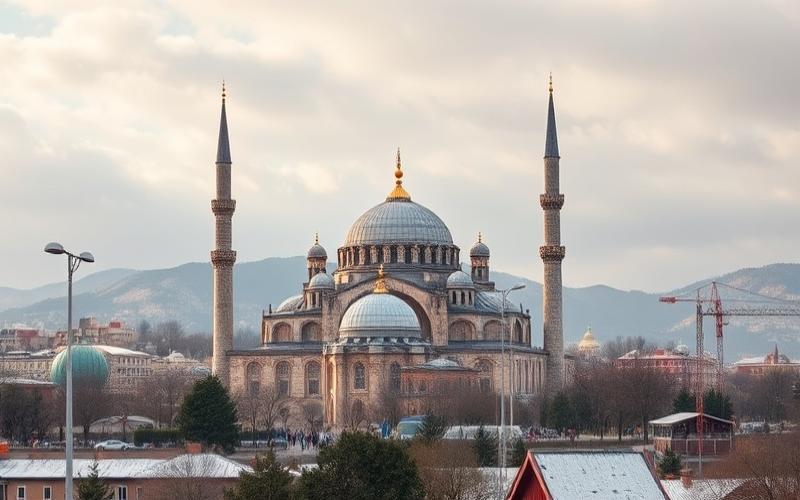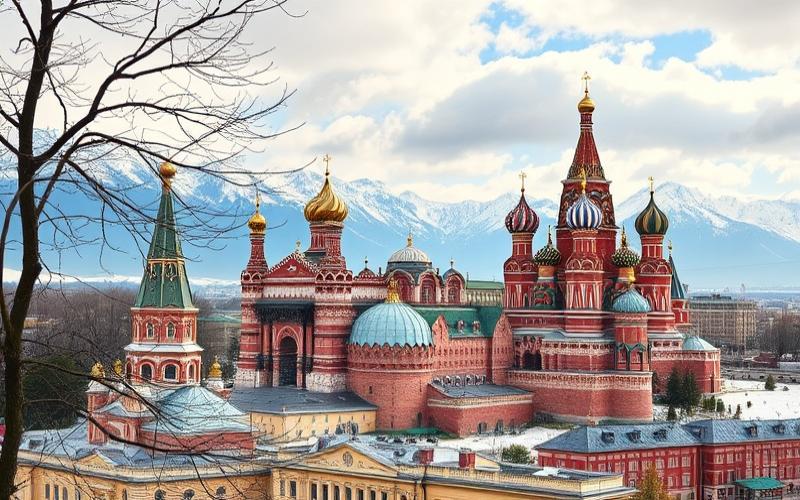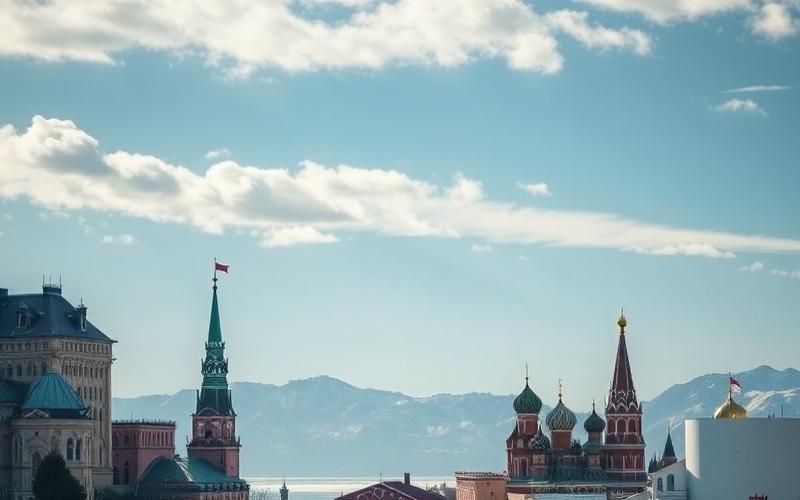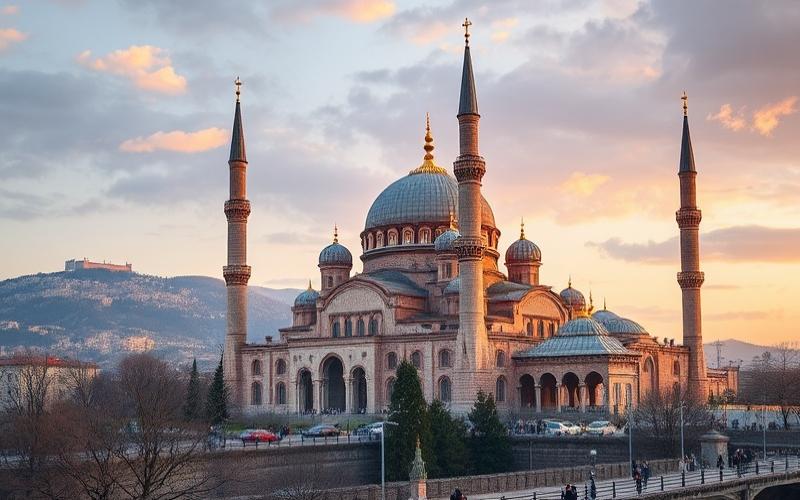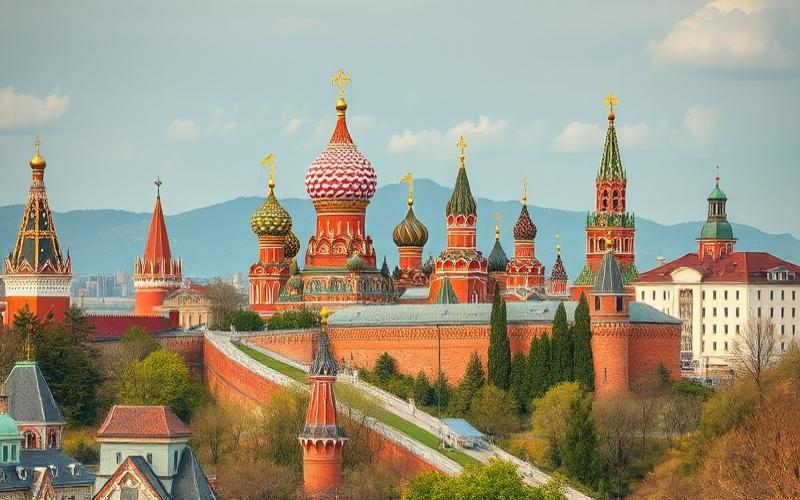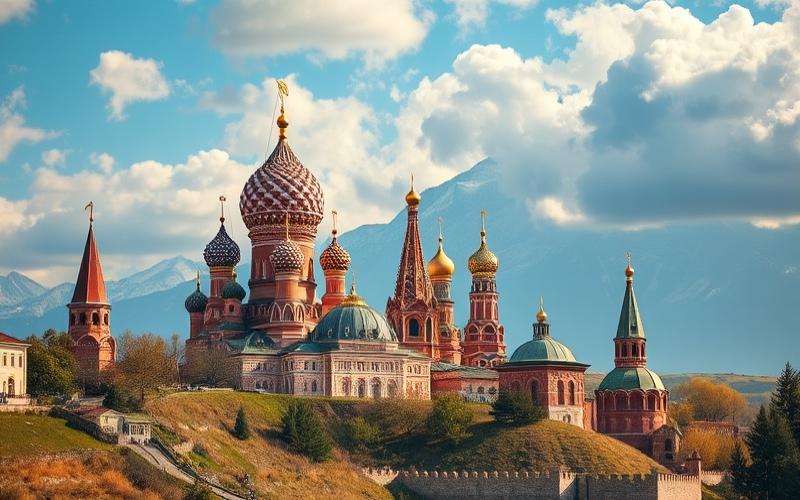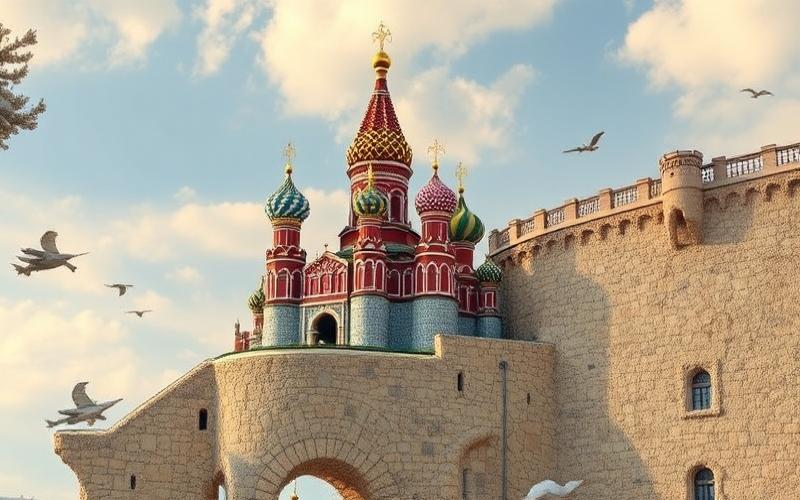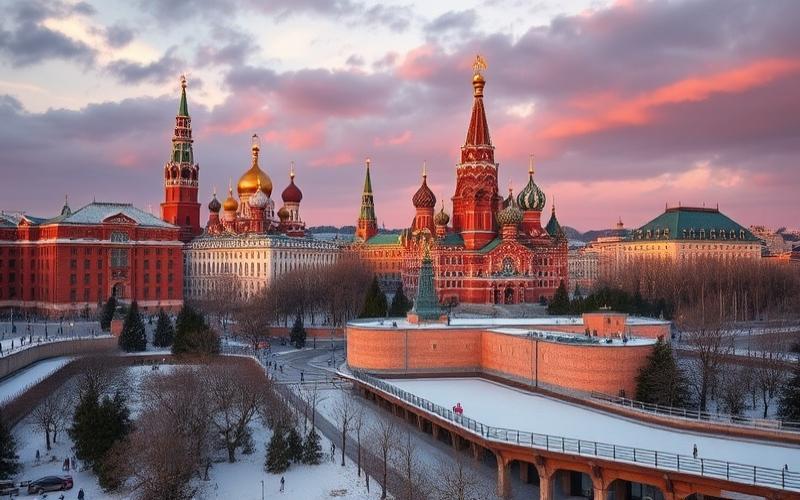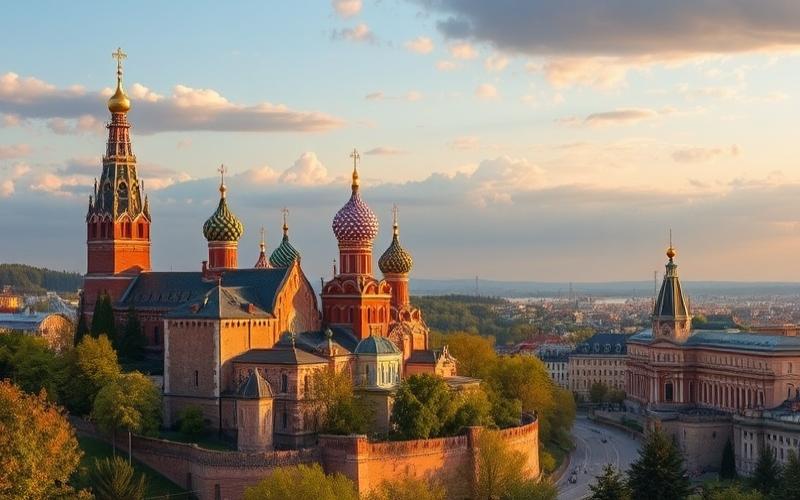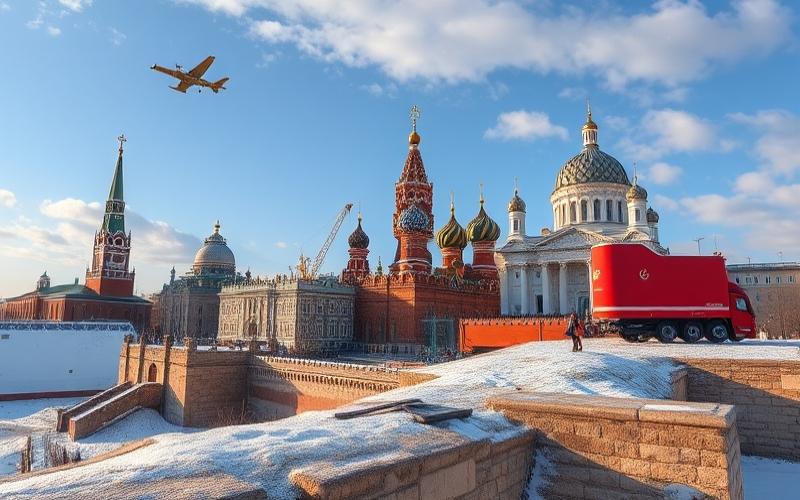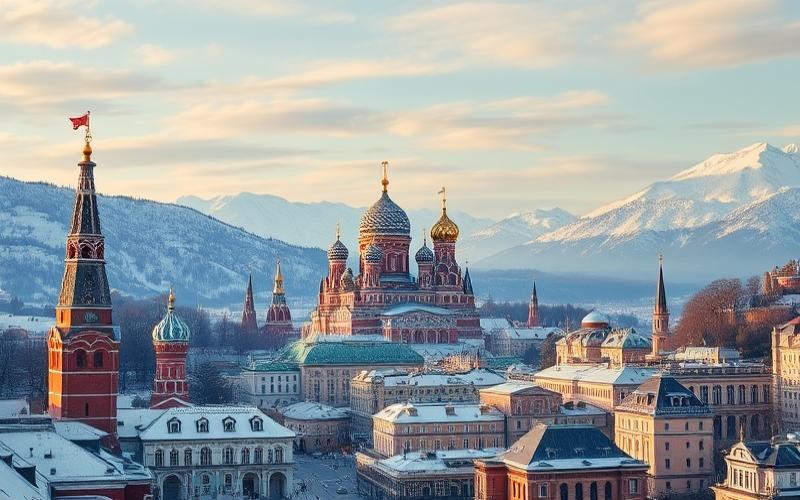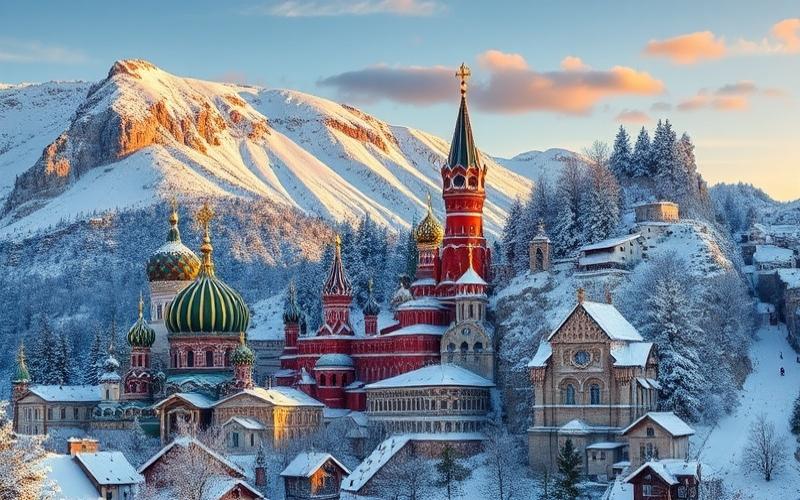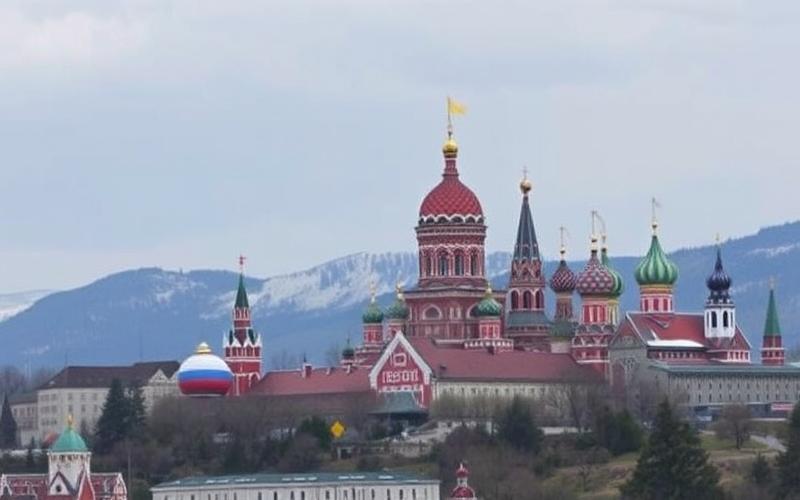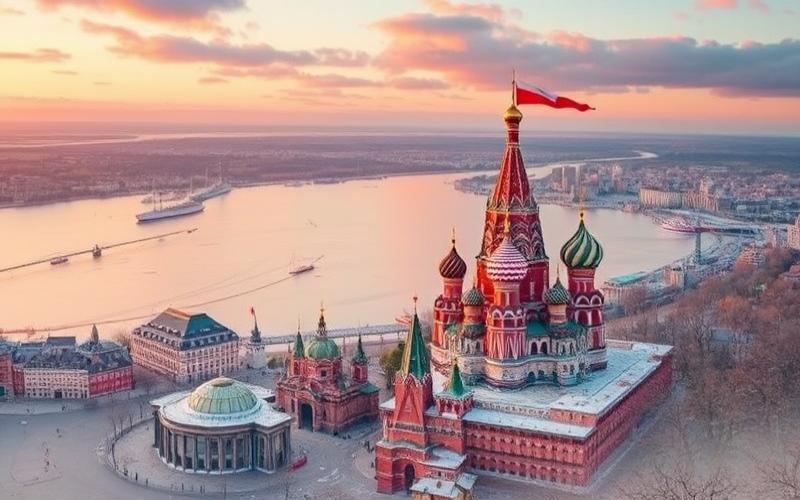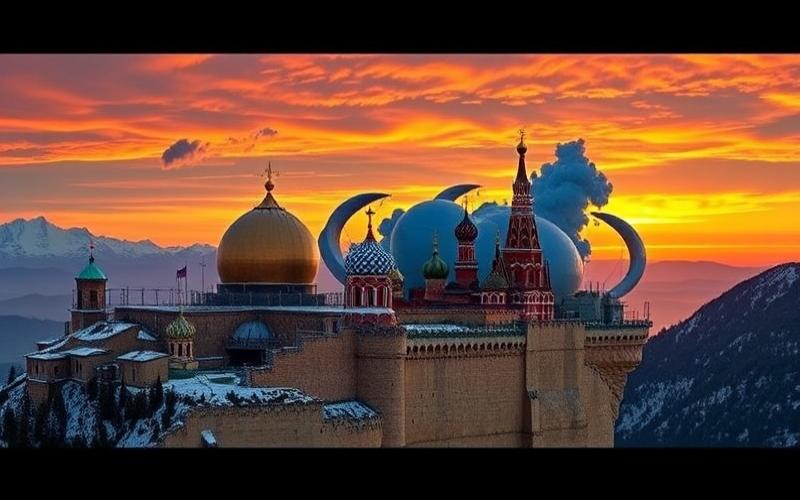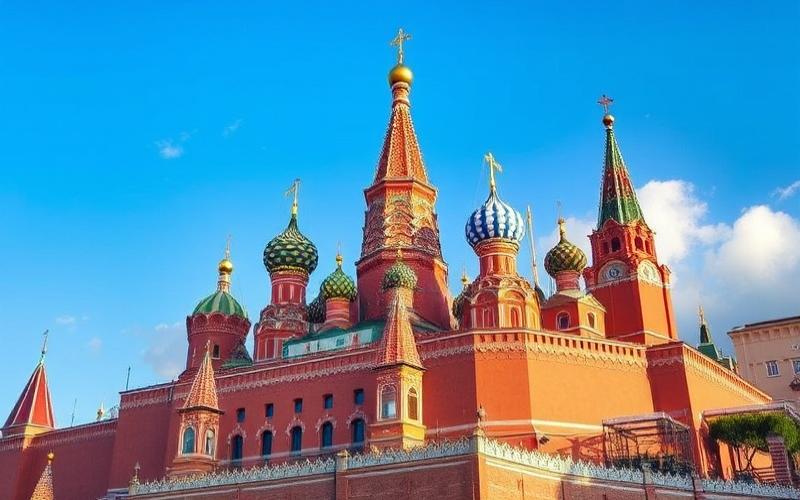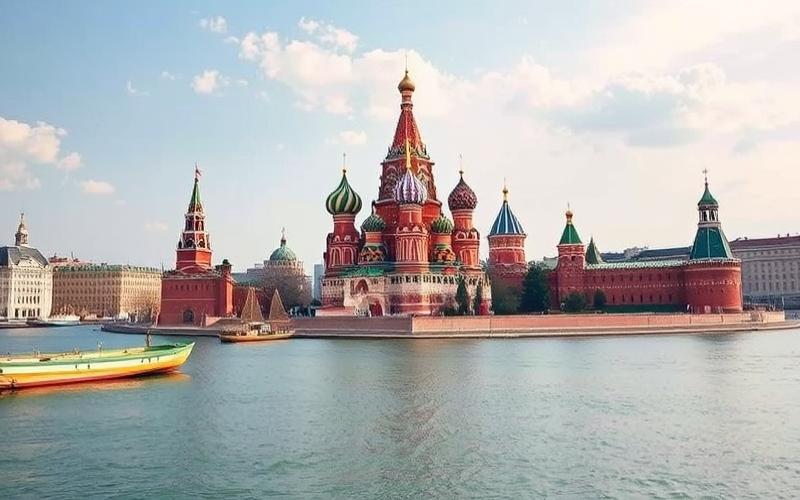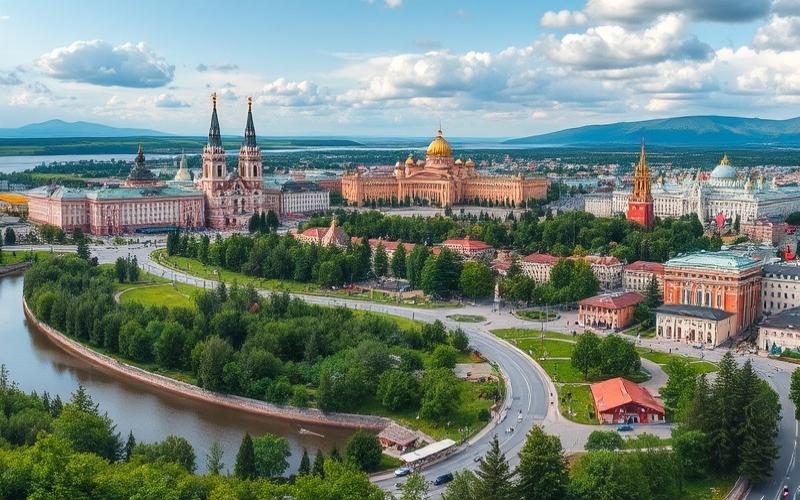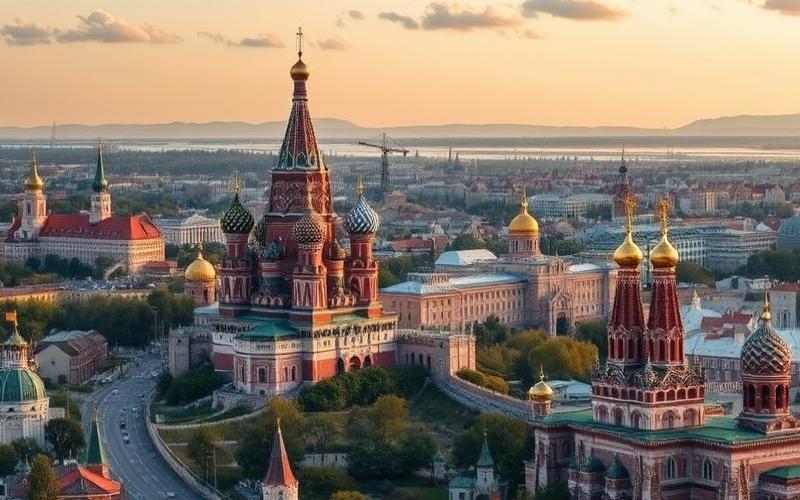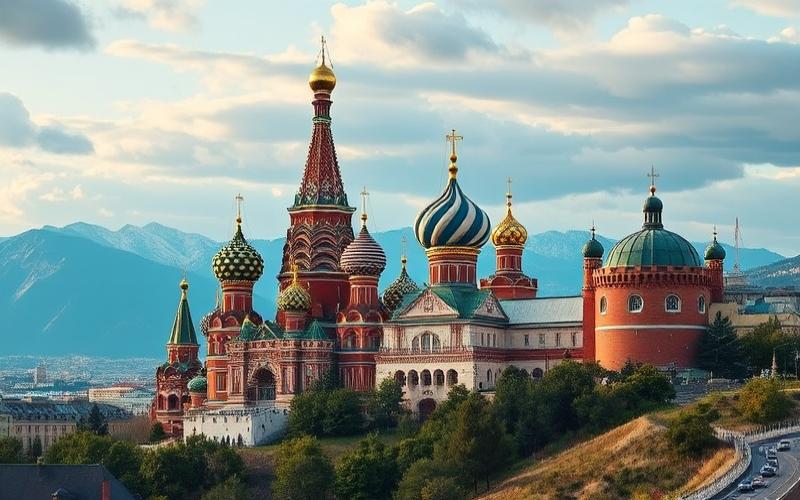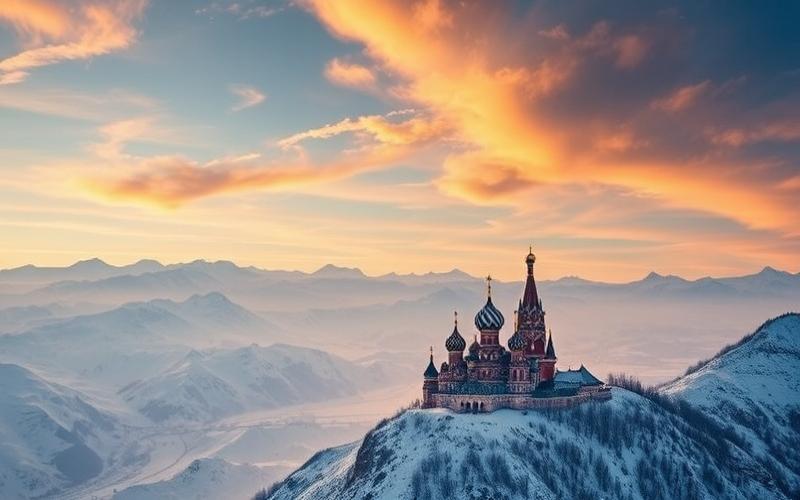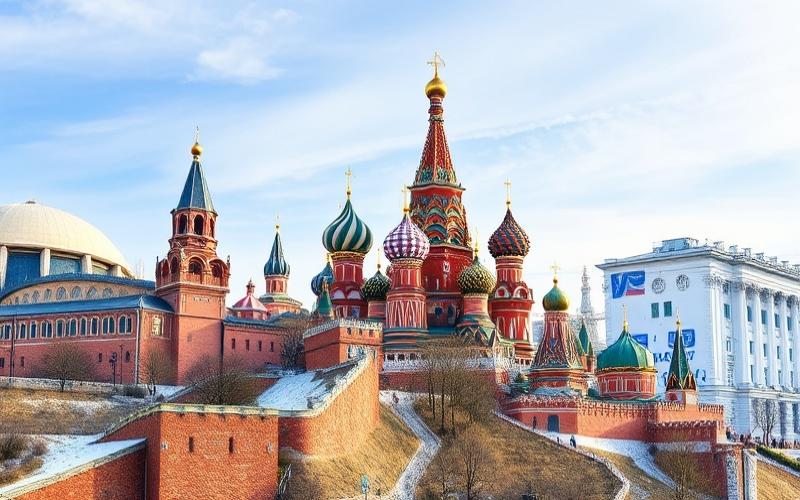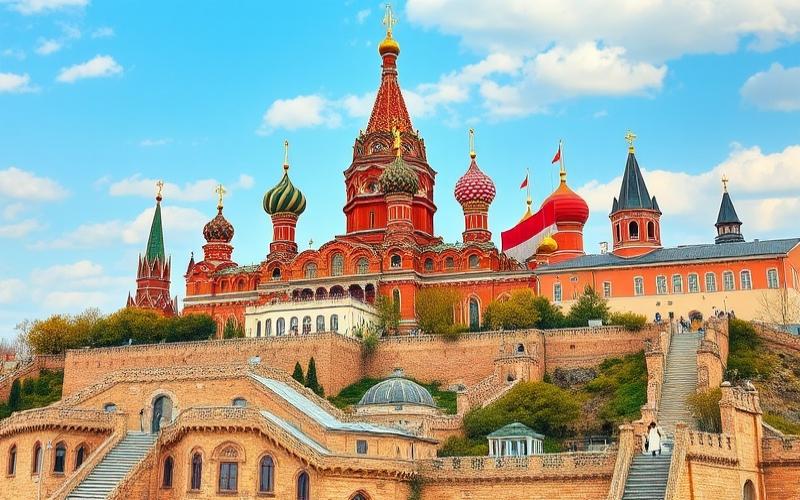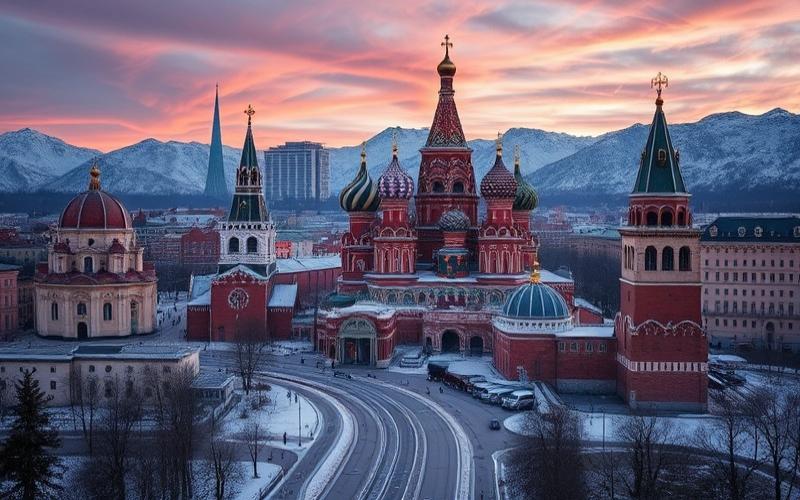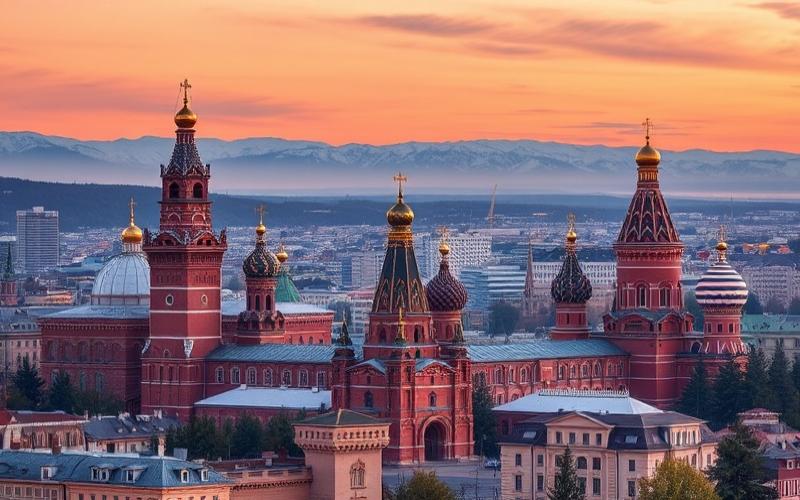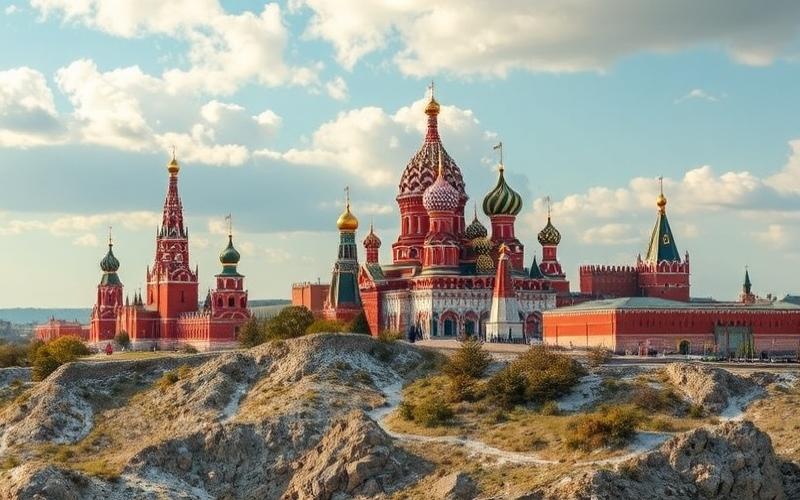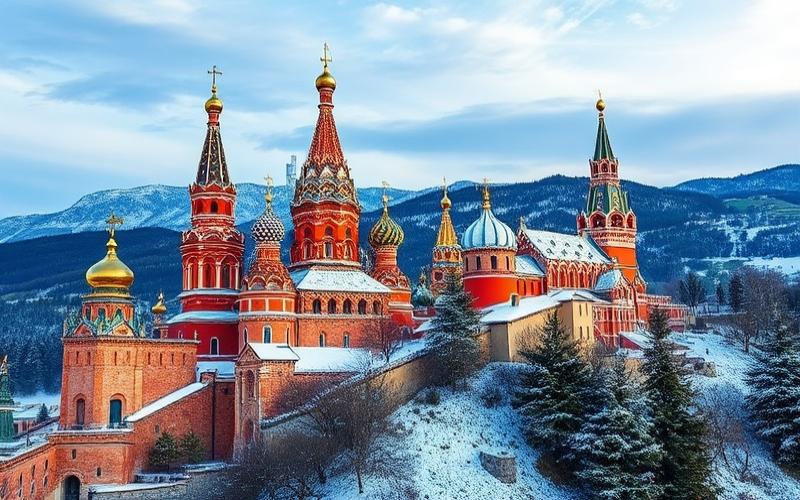
 Published on and written by Cyril Jarnias
Published on and written by Cyril Jarnias
Russia, a vast territory where tradition and modernity coexist, offers retirees fascinating prospects in terms of quality of life and attractive tax benefits. With its relatively low cost of living, rich and diverse culture, and breathtaking landscapes, this country is generating growing interest among those seeking a rewarding and affordable retirement. As we explore the tax incentives implemented by the government, it becomes evident that Russia could well be an ideal destination for retirees looking to maximize their purchasing power while enjoying an exceptional living environment.
Why Choose Russia for Retirement
Why choose Russia for retirement?
Cost of Living and Purchasing Power
- The cost of living in Russia is relatively low, especially outside major metropolitan areas like Moscow and St. Petersburg.
- Retirees can comfortably enjoy their pensions, with everyday expenses (housing, food, transportation) often lower than in many European countries.
Tax Benefits for Foreign Retirees
| Tax Factor | Details |
|---|---|
| Income Tax Rate | 13% for tax residents (stay >183 days/year), 30% for other non-residents |
| CSG/CRDS | Not applicable in Russia |
| Double Taxation | Suspension of France-Russia tax treaty: French pensions paid in Russia subject to withholding tax on French side |
| Russian State Pensions | Exempt from tax in Russia |
| Inheritance/Gift Tax | No tax in Russia |
- French pensions are taxed at source by France. Foreign retirees may benefit from potentially advantageous tax rates depending on their tax status.
- Absence of certain social charges applied in France.
Healthcare System in Russia
- The public system provides accessible basic care, but quality may vary by region.
- Many expatriates choose private health insurance to access higher-quality facilities, particularly in major cities.
- Main urban centers have modern hospitals and private clinics where staff sometimes speak English or French.
- Some international insurance policies cover care in Russia, facilitating access to services for expatriates.
Lifestyle, Culture and Leisure
- Russia offers exceptional cultural wealth: museums, theaters, operas, festivals, architectural heritage.
- Numerous accessible leisure activities: parks, hiking, winter sports, river cruises, ballets, concerts.
- Opportunity to discover varied local cuisine, traditions and a unique lifestyle bridging Europe and Asia.
- Opening to new horizons and encounters, with the possibility of integrating into local or expatriate communities.
Climate and Landscapes
- Marked continental climate, with cold winters and hot summers depending on the region.
- Highly varied landscapes: vast forests, lakes, mountains, historic cities, peaceful countryside, majestic rivers.
- For nature lovers, Russia offers vast spaces to explore and many classified natural sites.
Integration and Community
- Presence of expatriate communities in major cities, facilitating integration and social connections.
- Opportunity to learn Russian, but English is increasingly spoken among younger generations and in urban settings.
- Access to associations, clubs or international events for easier integration.
Legislation and Special Regimes
- Tax resident status possible after more than 183 days of presence per year, granting eligibility for more advantageous tax rates.
- No inheritance or gift tax, facilitating wealth transfer.
- Administrative procedures for relocation can be complex, but support services exist for expatriates.
- No specific legislation dedicated solely to foreign retirees, but general expatriation regimes and long-term visa options (investor visa, work visa, etc.) are available.
Russia appeals with its cost of living, attractive taxation for certain profiles, cultural heritage and diverse landscapes, making it a destination worth considering for a rewarding and exotic retirement.
Good to Know:
Russia offers an advantageous cost of living for retirees, with possible tax exemptions and a healthcare system accessible to expatriates. The country also provides a culturally rich living environment, diverse landscapes, and a climate allowing for a variety of outdoor activities to fully enjoy retirement.
Tax Benefits for Retirees in Russia
Russian retirees benefit from several types of tax advantages, mainly in the form of income tax exemptions, reductions or exemptions from property taxes, and relief on certain local taxes.
| Type of Benefit | Description | Legal Basis / Concrete Example |
|---|---|---|
| Income Tax Exemption | Ordinary retirement pensions are exempt from personal income tax (NDFL). Income from other sources (investments, rentals) remains subject to general taxation, except for exceptions provided by law. | Russian Tax Code, Art. 217 |
| Property Tax Reduction/Exemption | Retirees are exempt from property tax on one property of each type (e.g., one apartment, one single-family home, one garage). | Russian Tax Code, Art. 407 |
| Housing Tax Exemption or Reduction | Some retirees benefit from full or partial exemption from housing tax on their primary residence. | Depends on regional laws |
| Relief on Local Taxes | Regions and municipalities may grant additional reductions or exemptions on local taxes (vehicle tax, household waste, etc.). | Regional and municipal laws |
Concrete Examples:
- A retiree owning an apartment and a garage will be exempt from property tax on these two properties, provided they don’t own multiple properties of the same type in the same city.
- In Moscow, retirees are fully exempt from housing tax on their primary residence.
- In some regions, vehicle tax may be reduced by 50% or canceled for people over 60 years old.
Impact on Purchasing Power and Standard of Living
- These tax measures increase retirees’ disposable income, particularly for those with low pensions, by limiting mandatory charges.
- Property tax exemption and local reductions help limit energy poverty and the risk of housing loss.
- However, regional disparities exist: in Moscow and St. Petersburg, benefits are often broader than in provincial or rural areas where local budgets are more constrained.
- Retirees owning multiple real estate properties or receiving significant supplementary income don’t always benefit from the same relief.
Main Laws and Regulations Governing These Benefits
- Tax Code of the Russian Federation (particularly Articles 217 and 407)
- Regional laws on local and social taxation
- Municipal decisions regarding local taxes
Summary of Effects:
Tax exemptions partially compensate for the low amounts of Russian pensions and support retirees’ standard of living, but the actual effect heavily depends on the region of residence and assets held.
Good to Know:
Retirees in Russia benefit from tax exemptions on income under Federal Law 400-FZ, as well as reductions on property and real estate taxes, with similar relief possible for local taxes, which can significantly improve their purchasing power despite regional disparities.
Cost of Living for Retirees in Russia
Main Factors Influencing Retirees’ Cost of Living in Russia:
- Housing
- Healthcare Services
- Food
- Leisure
- Regional Variations
- Economic Fluctuations
- Financial Assistance and Social Benefits
Detailed Analysis by Expense Category:
| Expense Category | Average Cost (Moscow) | Average Cost (Regions) | International Comparison |
|---|---|---|---|
| Housing (1 bedroom, city center) | 70,000 to 110,000 RUB/month | 25,000 to 40,000 RUB/month | Moscow comparable to major European capitals, regions significantly cheaper |
| Housing (1 bedroom, outskirts) | 45,000 to 70,000 RUB/month | 15,000 to 30,000 RUB/month | |
| Monthly Food (estimate) | 18,000 to 25,000 RUB | 12,000 to 18,000 RUB | Lower than West, but recent price increases |
| Public Transport Pass | 2,300-3,000 RUB | 1,000-1,500 RUB | Cheaper than Western Europe |
| Single Ticket (metro/bus) | 65-80 RUB | 35-50 RUB | |
| Healthcare (without insurance) | 2,000 to 6,000 RUB/private consultation | 1,000 to 3,000 RUB | Public system free but long wait times |
Housing
Rents are significantly higher in major cities (particularly Moscow and St. Petersburg) than in regions, where they remain affordable.
Annual real estate price increase of 17% in March 2025, impacting purchasing power of retiree homeowners or tenants.
Homeownership rate is high (over 92%), which partially protects retirees from rent increases in regions.
Healthcare Services
Access to the public system is free, but quality varies significantly by region.
Many retirees prefer to supplement with private consultations, representing an additional cost.
Healthcare expenses remain lower than those observed in the European Union.
Food
Food represents an important part of the budget. Russia remains generally cheaper than Western Europe, but food inflation has been notable since 2022.
Prices are lower in provinces than in Moscow or St. Petersburg.
Leisure
Cultural activities (theater, museums) are very affordable for retirees, especially with specific discounts.
Leisure costs less in Russia than in Western Europe, favoring maintenance of an active social life.
Regional Variations in Cost of Living
- Moscow and St. Petersburg: high cost of living, more expensive housing and services.
- Regional Cities: much lower cost of living, particularly for housing, food and transportation.
- Rural Areas: lowest cost of living, but limited access to certain services (healthcare, leisure).
Average Budget of a Russian Retiree (2025 estimate)
| Category | Monthly Amount (RUB) |
|---|---|
| Average Pension | 24,400 to 25,000 |
| Estimated Total Expenses | 30,000 to 40,000 (outside Moscow) |
| Expenses in Moscow | 50,000 to 60,000 |
In Moscow, the average pension often doesn’t cover all regular expenses, forcing many retirees to supplement their income.
Impact of Economic Fluctuations
- High inflation (particularly since 2022-2023): increased cost of food, energy and housing, reducing retirees’ purchasing power.
- Rising real estate prices: negative impact for tenants, advantage for homeowners.
- Ruble depreciation: makes imported goods more expensive, affecting certain expense categories.
Financial Assistance and Social Benefits for Russian Retirees
- Basic pension paid to all retirees, with supplements for low incomes.
- Discounts on public transport in most cities.
- Housing assistance for low-income individuals.
- Specific benefits: medication discounts, priority access to certain public services, reduced rates for culture and leisure.
Summary Box
The cost of living for retirees in Russia heavily depends on the region, homeownership status, and recent economic fluctuations. While life remains affordable outside major cities, inflation and rising real estate prices reduce purchasing power, partially compensated by social benefits and a high proportion of homeowners among Russian seniors.
Good to Know:
The average budget for a retiree in Russia amounts to approximately 15,000 rubles per month, with notable variations between Moscow and more rural regions where the cost of living is often lower. Retirees benefit from subsidies to reduce healthcare service costs, while the real estate market remains affordable compared to many European countries, but economic fluctuations can affect their purchasing power.
Lifestyle and Opportunities for Russian Retirees
The lifestyle in Russia for retirees adapts to their needs under the influence of specific cultural, social and economic factors.
Cultural and Social Aspects:
- The traditional perception of retirees is evolving: more initiatives encourage social activity and valorization of seniors.
- Many retirees participate in activities such as volunteering, intergenerational engagement or competitions for the “third age,” thus helping combat isolation.
- The emergence of networks like the NGO Dobroye delo facilitates their social integration and promotes active aging.
- Stereotypes are gradually receding, particularly among women who now seek more opportunities outside the family circle.
Available Opportunities for Retirees:
| Opportunity | Description |
|---|---|
| Leisure Activities | Artistic or sports competitions, creative workshops, cultural groups, senior fashion shows. |
| Community Networks | Charitable or associative organizations dedicated to elderly people. |
| Social Engagement | Volunteering with younger generations or in local projects. |
Suitable Housing Options:
- In cities, some buildings now offer better accessibility (adapted elevators).
- In the countryside, many live in traditional houses often without modern comforts but with strong attachment to home gardens that contribute to their food self-sufficiency.
Accessibility to Essential Services:
Healthcare:
- The public system is accessible but sometimes lacks modern equipment outside major cities.
- Care is free or low-cost but there’s marked territorial inequality between Moscow/St. Petersburg and the rest of the country.
Transportation:
- Reduced fares exist on urban public transport for retirees in most major Russian cities.
Influential Economic Factors:
List – major economic constraints:
- Low average pension amounts (approximately 14,000–15,000 rubles/month), barely covering needs beyond essential food
- Many elderly people supplement their income with small jobs
- Annual indexation provided by federal law; as of February 2025 full reinstatement even for those continuing salaried activity
Overall Contribution to Quality of Life:
Despite limited purchasing power and certain territorial inequalities in access to healthcare or suitable housing, growing social opportunities (active leisure, volunteering), community support and some recent reforms are gradually improving daily life and strengthening integration and sense of purpose among Russian retirees.
Good to Know:
In Russia, retirees often benefit from discounts on public transportation and facilitated access to healthcare through the public system, while senior clubs offer enriching cultural and social activities. Additionally, intergenerational housing options promote conviviality and exchange between youth and elders, strengthening social fabric.
Disclaimer: The information provided on this website is for informational purposes only and does not constitute financial, legal, or professional advice. We encourage you to consult qualified experts before making any investment, real estate, or expatriation decisions. Although we strive to maintain up-to-date and accurate information, we do not guarantee the completeness, accuracy, or timeliness of the proposed content. As investment and expatriation involve risks, we disclaim any liability for potential losses or damages arising from the use of this site. Your use of this site confirms your acceptance of these terms and your understanding of the associated risks.

